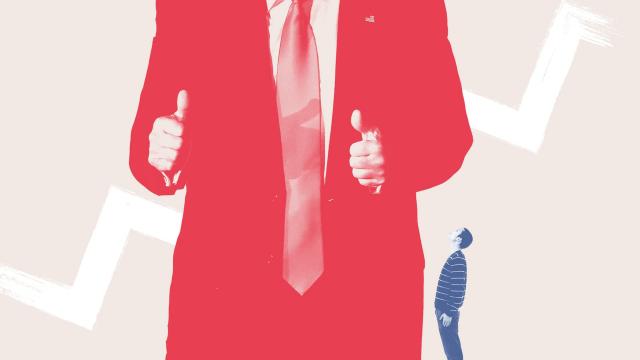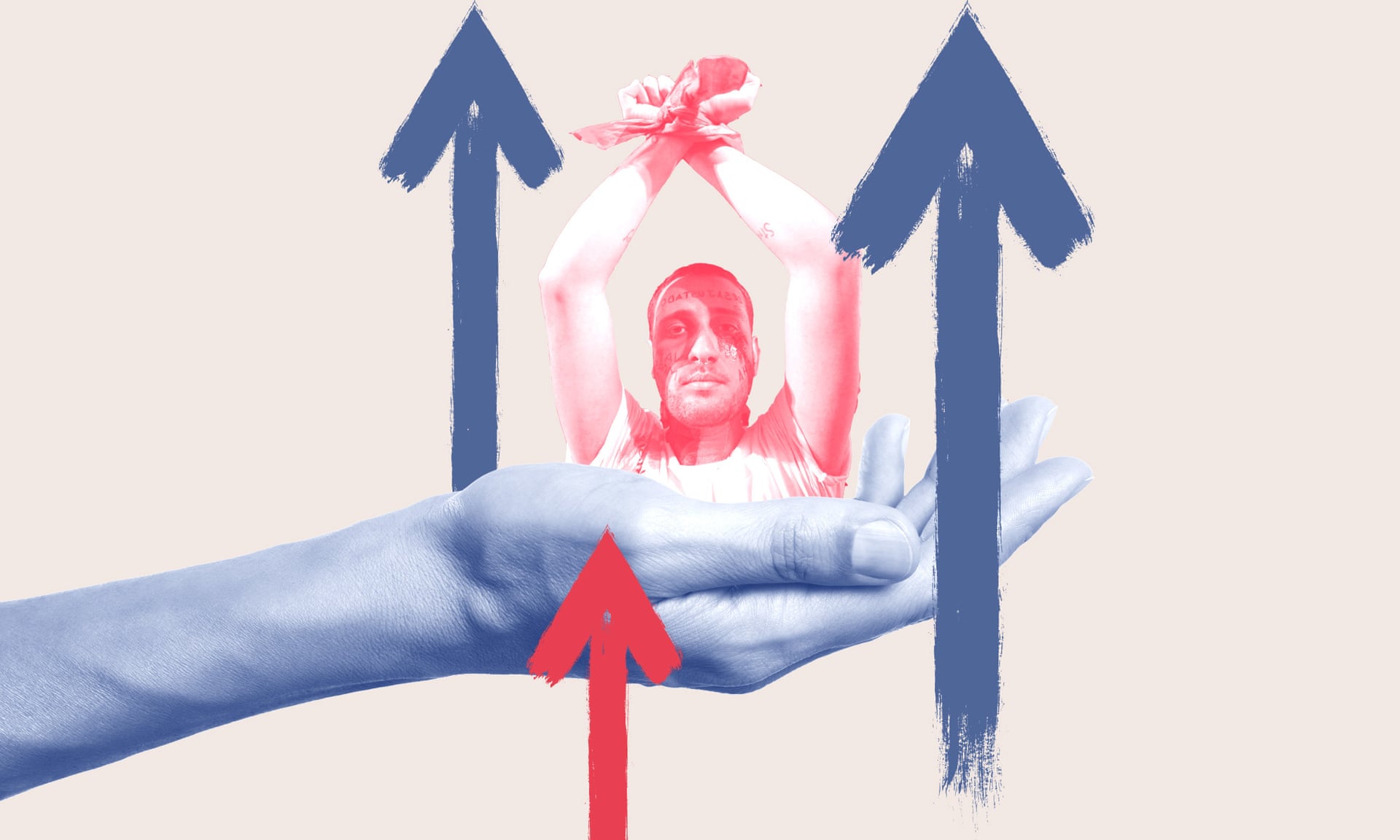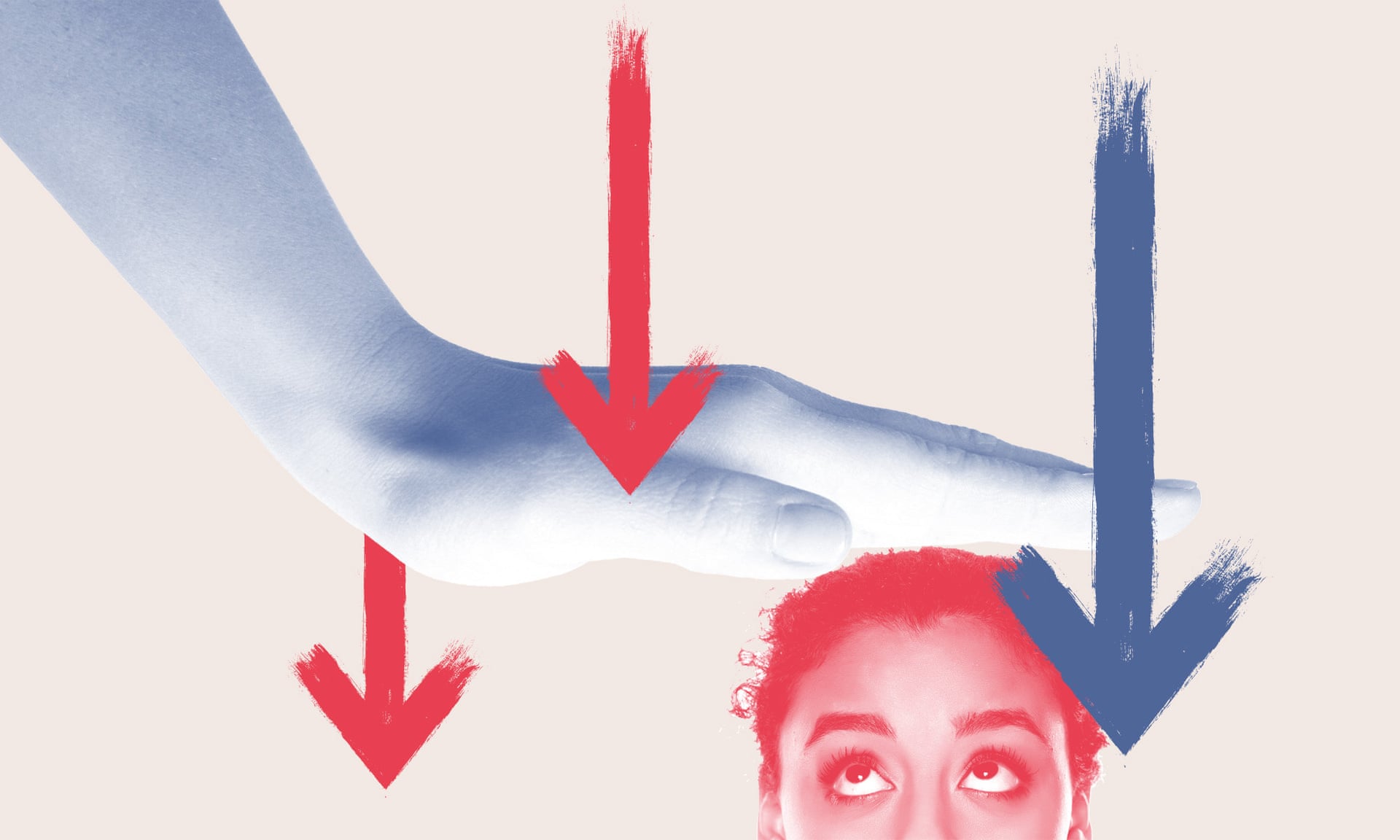
Populist presidents and prime ministers are associated with significant reductions in economic inequality across the world, according to groundbreaking research that will challenge the assumption that populism only has negative consequences.
However, the research by political scientists and economists also found that governments run by populist leaders are correlated with declines in the quality of elections, a loosening of constraints on executive power, and a sometimes dramatic fall in press freedom.
The research was conducted by Team Populism, a network of academics who have worked with the Guardian to produce the Global Populism Database, which gives leaders around the world a populism “score” based on the contents of their speeches.
The team used the data, a comprehensive tracker of populist discourse among world leaders in 40 countries, to analyze what happens when populists come to power.
The most surprising finding, they said, was that populists across the political spectrum tend to narrow the gap between rich and poor. The academics described the correlation between populism and greater equality as “a fairly large effect”.
The impact on inequality appears largely driven by leftwing Latin American populist presidents, such as Bolivia’s Evo Morales, Ecuador’s former president Rafael Correa and the late Venezuelan leader Hugo Chávez. However the statistical analysis controlled for ideological differences between leaders, and also holds, although to a lesser extent, for centrist and rightwing populists.
“This was contrary to what I expected,” said David Doyle, an associate professor at Oxford University, who led the economic analysis. “Maybe I’ve just been biased by years of research that tells us that populism is bad.”
Previous studies, he said, suggested left-leaning populists in Latin America ramped up social spending but ultimately ended up creating “fractured and unequal states”. “That’s what I thought I would see, as someone who is trained as a political economist,” Doyle said.
The researchers said the economic findings should be treated with caution. Inequality data was only available up to 2016, so their research could not take into account recent developments in Venezuela, Nicaragua and the United States. There was an overall decline in inequality across all countries in the database, which mostly covers Europe and the Americas.
Further statistical analysis indicated the shrinking gaps between rich and poor were unrelated to conventional tax and welfare redistribution policies. “It raises this puzzle as to how the hell they reduced levels of inequality so drastically,” Doyle said.
There were also several examples of non-populist leaders who presided over major reductions in inequality, such as Jens Stoltenberg, who was twice prime minister of Norway, and Luiz Inácio Lula da Silva, Brazil’s president between 2003 and 2010.
However, the research team found a significant difference between the economic impact of left-leaning leaders who were populists and their leftwing counterparts who were not. “It is not that they are more leftwing,” Doyle said of the populist leaders. “It is that they are a different type of left wing.”
He added: “What this data suggests is that the overall levels of inequality have been reduced to a much greater extent under these populists than under other types of governments.”
The finding is far from straightforward, however. The study also found that populists are associated with so-called stealth taxes on sales and goods, which are often assumed to be regressive, hitting poor people disproportionately hard. That tallied with the finding that conventional tax and redistribution government policies were not responsible for the fall in inequality under populist governments.
One possible explanation, he said, was that the China-fueled commodity boom increased living standards in the mid-2000s, during which a number of populists happened to come to power in oil- and gas-producing countries with previously high levels of inequality. Another may be that populist governments funneled money into state entities and state companies, providing fiscal stimulus and boosting wages.
“It could even be things like minimum wage policy, or a formalization of the labour force, or limits on income generation of the very wealthy – or even, in the case of Venezuela, the very wealthy leaving, thereby reducing overall levels of market inequality,” Doyle said.
Saskia Ruth–Lovell, from the German Institute of Global and Area Studies, who was also involved in the research, stressed that regardless of their impact upon inequality, the negative consequences populists appear to have on civil and political rights could amount to a threat to democracy.
Populist governments were associated with a decline in the quality of elections and press freedom, as well as a concentration of power in the hands of the executive, often at the expense of constitutional checks and balances.
However, Ruth–Lovell said the statistical associations remained strong even when Venezuela and another extreme case – Turkey under Recep Tayyip Erdoğan – were removed from the analysis. “Once in power, populist governments are likely to turn against core democratic institutions,” she said.
The data analysis also indicated populist governments significantly increase voter turnout, a finding that confirmed previous academics studies, and suggests populist candidates can have some positive democratic outcomes.
Doyle suggested that, in Latin American cases where “huge swathes of the population” were not incorporated into the political system, the surge in the number of people voting in elections may be connected to subsequent declines in inequality, as citizens are for the first time engaged with the state.
“When they come to power they promise to reintegrate these people back into society, either through political participation or social programs,” he said of left-wing populists in Latin America. “For the first time these people think the state is doing something for them.” He added: “Something is clearly happening. The data suggests that. We just don’t quite know what it is about these populist leaders, and their time in power, that is coinciding with these big drops in inequality.”
Originally published by The Guardian













